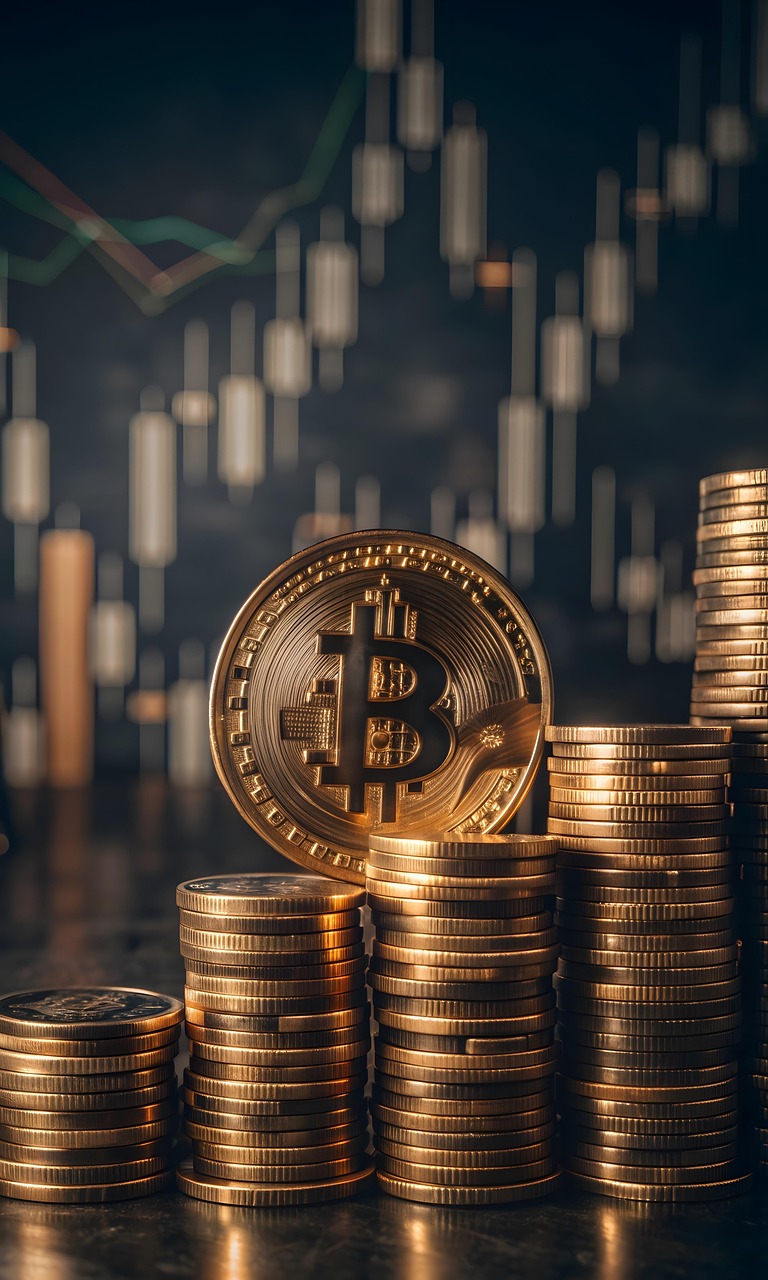J.P. Morgan's Kinexys Develops Blockchain Solution for Tokenizing Global Carbon Credits

Brief news summary
Kinexys, J.P. Morgan’s blockchain division, is developing an advanced application on its Kinexys Digital Assets platform to tokenize global carbon credits at the registry level. Partnering with S&P Global Commodity Insights, EcoRegistry, and the International Carbon Registry (ICR), the initiative aims to enhance transparency, standardization, and efficiency within the voluntary carbon market. EcoRegistry and ICR have completed initial testing phases, while S&P Global is assessing integration with its Environmental Registry and Meta Registry®. The project seeks to establish a globally interoperable carbon ecosystem that enables seamless credit portability and settlement, thereby increasing market liquidity and trust. Current tests focus on managing accounts, projects, and credit lifecycles with robust data compatibility. Experts highlight blockchain’s potential to improve transparency and attract financial sector participation. Kinexys’ research underscores the importance of universal asset standards and integrated digital monitoring to boost project quality. This effort aligns with JPMorgan Chase’s 2023 Carbon Markets Principles, reflecting a strong commitment to evolving carbon markets and driving positive environmental outcomes.Kinexys by J. P. Morgan, the firm’s leading blockchain business unit, is developing an innovative blockchain application on Kinexys Digital Assets, its multi-asset tokenization platform, aimed at tokenizing global carbon credits at the registry level. This initiative involves exploratory testing with S&P Global Commodity Insights, EcoRegistry, and the International Carbon Registry (ICR). EcoRegistry and ICR have successfully completed testing on their registry systems, while S&P Global Commodity Insights plans to begin exploratory testing with its Environmental Registry, a customizable registry-as-a-service platform for full lifecycle carbon credit tracking and management. Future testing may also include their Meta Registry® technology. The global carbon markets face challenges such as inefficiencies, lack of standardization, limited transparency, and fragmented markets. Creating a single, tokenized carbon ecosystem that allows seamless movement and settlement of credits between buyers and sellers could help overcome these barriers. Alastair Northway, Head of Natural Resource Advisory at J. P. Morgan Payments, emphasized the voluntary carbon market’s readiness for innovation. He noted that tokenization could foster a globally interoperable system, enhancing confidence in the infrastructure’s integrity and increasing transparency and liquidity. Initially, all three partners will test the feasibility of carbon credit tokenization using Kinexys Digital Assets, aiming to make registry data more accessible to external stakeholders.
Testing will focus on account, project, and credit lifecycle management, emphasizing technical connectivity, data compatibility, and full functionality. Jonty Rushforth, Head of Product & Portfolio, Energy Transition at S&P Global Commodity Insights, expressed appreciation for Kinexys by J. P. Morgan’s recognition of their Environmental Registry’s value and their exploration of blockchain for asset record keeping and payments. He anticipates that, if successful, this could extend their environmental registry solutions to the financial sector, potentially driving a significant carbon market expansion. Juan Duran, CEO of EcoRegistry, highlighted the constant evolution of carbon markets and said integrating with Kinexys Digital Assets enhances ecosystem trust and transparency, marking a vital step in deepening the financial sector’s involvement. Oli Torfason, COO of ICR, conveyed enthusiasm for collaborating on building a modern, unified carbon market infrastructure, underscoring shared commitments to transparency, innovation, and developing high-integrity climate economy frameworks. These developments coincide with Kinexys by J. P. Morgan’s publication of a research paper exploring voluntary carbon market (VCM) opportunities, drawing insights from industry participants and this initiative. Key findings include: - Building trust in the VCM through blockchain’s transparency, traceability, immutability, and robust bank-grade infrastructure. - Tokenization as a driver for market standardization, requiring the creation and adoption of asset standards scalable across ecosystems. - Recognition that tokenization alone isn’t sufficient; additional tools like digital monitoring, reporting, verification, and connectivity to market service providers (e. g. , ratings agencies, insurers) are essential for improving project quality and transparency. Keerthi Moudgal, Head of Product at Kinexys Digital Assets, emphasized ongoing engagement with carbon market participants as central to product development and expressed optimism about tokenization’s transformative potential in the voluntary carbon market. This initiative underscores J. P. Morgan Chase’s commitment to advancing carbon market growth and development. In 2023, the firm published its Carbon Markets Principles outlining their perspective on the VCM’s role, current challenges, and strategies for supporting a more effective carbon market.
Watch video about
J.P. Morgan's Kinexys Develops Blockchain Solution for Tokenizing Global Carbon Credits
Try our premium solution and start getting clients — at no cost to you

I'm your Content Creator.
Let’s make a post or video and publish it on any social media — ready?
Hot news

AIMM: AI-Driven Framework for Detecting Social-Me…
AIMM: An Innovative AI-Driven Framework to Detect Social-Media-Influenced Stock Market Manipulation In today's fast-changing stock trading environment, social media has emerged as a key force shaping market dynamics

Exclusive: Filevine Acquires Pincites, AI-Powered…
Legal technology firm Filevine has acquired Pincites, an AI-driven contract redlining company, enhancing its footprint in corporate and transactional law and advancing its AI-focused strategy.

AI's Impact on SEO: Transforming Search Engine Op…
Artificial intelligence (AI) is rapidly reshaping the field of search engine optimization (SEO), providing digital marketers with innovative tools and new opportunities to refine their strategies and achieve superior results.

Deepfake Detection Advances with AI Video Analysis
Advancements in artificial intelligence have played a crucial role in combating misinformation by enabling the creation of sophisticated algorithms designed to detect deepfakes—manipulated videos where original content is altered or replaced to produce false representations intended to deceive viewers and spread misleading information.

5 Best AI Sales Systems That Convert Without Huma…
The rise of AI has transformed sales by replacing lengthy cycles and manual follow-ups with fast, automated systems operating 24/7.

Latest AI and Marketing News: Weekly Roundup (Dec…
In the swiftly evolving realm of artificial intelligence (AI) and marketing, recent significant developments are shaping the industry, introducing both new opportunities and challenges.

OpenAI sees better margins on business sales, rep…
The publication stated that the company enhanced its “compute margin,” an internal metric representing the portion of revenue remaining after covering the costs of operating models for paying users of its corporate and consumer products.
AI Company
Launch your AI-powered team to automate Marketing, Sales & Growth

and get clients on autopilot — from social media and search engines. No ads needed
Begin getting your first leads today








